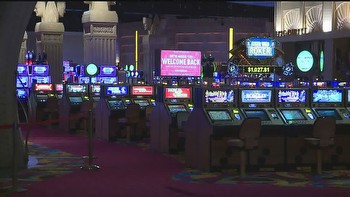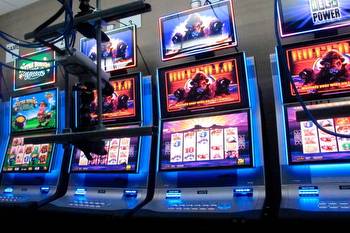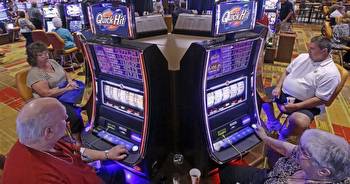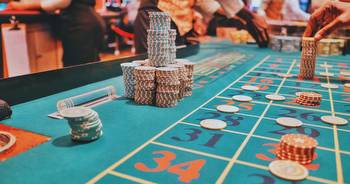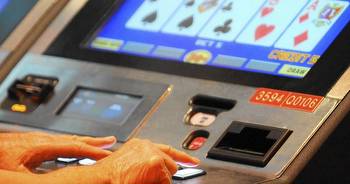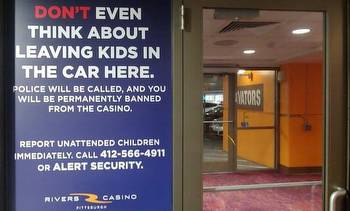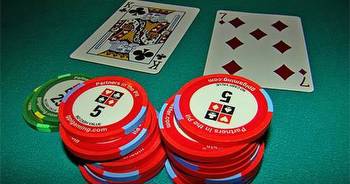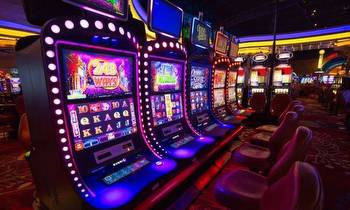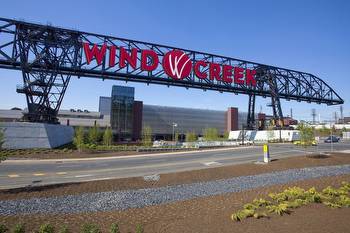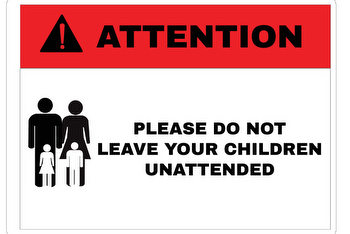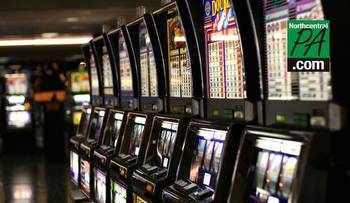Don't gamble with kids

Running public service announcements will not stop the social ills spurred by Pennsylvania’s reckless policy on gambling.
The Pennsylvania Gaming Control Board has a silly solution for a serious problem.
Scores of customers at local casinos continue to leave kids locked in their cars while they go inside and gamble.
So how does the gambling board plan to address this life and death issue? With public service announcements. Ads on TV, radio, and social media will contain the following message: “Don’t Gamble with Kids.” There’s even a website.
Is that the best the Gambling Control Board members — who get paid $145,000 a year to meet once or twice a month — could come up with?
Any parent or a guardian who leaves a child in a car to go gamble — sometimes for hours — likely has a serious addiction problem. Running a few ads is unlikely to change their behavior.
Even more disturbing, this is not a new problem. It has been going on for years at casinos across the country and throughout Pennsylvania. Several children have died. One woman went to prison after her 5-year-old grandson died in a hot car while she gambled in an Oklahoma casino.
In Pennsylvania, gamblers began leaving kids unattended soon after the first casino opened in 2006.
Legislation was passed to make it illegal to leave kids in cars. Gamblers can be arrested, fined, and banned from the casino. The casinos added signs and patrols in parking lots. Last year, the casino in Valley Forge installed infrared cameras to detect kids in cars after 22 incidents of children left unattended there.
None of those efforts have solved the problem. In fact, the number of children left unattended at Pennsylvania casinos jumped 60% this year compared to 2021. In all, there have been 269 recorded incidents involving 441 minors.
The knee-jerk response is to blame the adult for leaving the child alone. No doubt the adult is responsible. But the casinos and the state share some responsibility for the gambling addiction monster they created.
Led by former Gov. Ed Rendell, elected officials — encouraged by an army of lobbyists and donors — enabled Pennsylvania to become the second-largest casino market in the country after only Las Vegas. The state not only legalized the casinos, but is a willing and eager partner in this enterprise since it receives 54% of all the slots revenues.
Unlike Las Vegas, which at least built a thriving tourist and entertainment industry around its games of chance, Pennsylvania’s casinos cater mainly to local gamblers, including many who are elderly and on fixed incomes.
The gambling industry argues that only 2% to 3% of the adult population suffers from addiction. But that number is misleading, since most of the population doesn’t frequent a casino.
The real question is what percentage of casino customers have a gambling problem. Studies show 30% to 60% of slot machine revenues come from problem gamblers. In fact, many area gamblers visit casinos an average of three to four times a week.
In effect, the business model depends on addiction.
As such, the casinos and the state share some responsibility as enablers of that addiction. Casinos are not passive businesses. They aggressively market to their patrons, offering reward points, discounted meals, and coupons for free play.
Even more insidious, modern slot machines are sophisticated computers designed to addict. Once someone is hooked, there’s even a term for what comes next. It’s called “play to extinction.”
Rather than crack down on gamblers who leave kids in cars — or use pithy word play in questionable ad campaigns — the state should do more to help them, and other problem gamblers.
Kids left in cars are just one of many downsides caused by casinos. Studies show casinos lead to more crime, suicides, and bankruptcies. Other social ills from problem gambling include higher divorce rates, domestic abuse, child abuse, drug abuse, and depression.
Pennsylvania is already ranked among the top gambling addicted states. Yet, the push to add more mini casinos, online gambling, and sports betting will lead to more addiction.
Running public service announcements will not stop the social ills spurred by reckless government policy.
— Philadelphia Daily News/Inquirer








